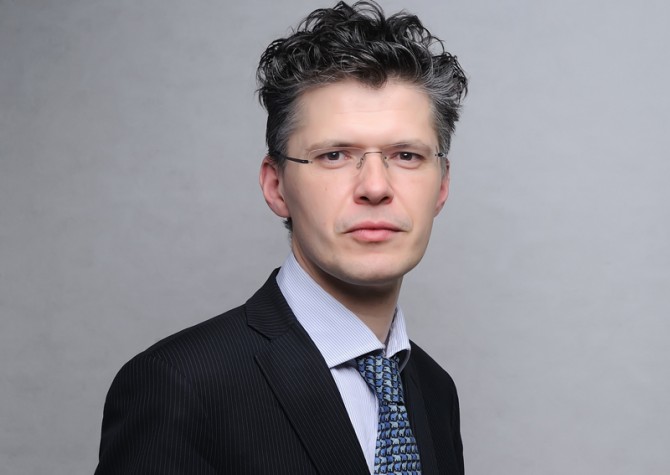G20:
According to a new study released by the World Bank on Monday, the external debt of the world’s least developed countries soared by 9.5 per cent last year to $744 billion.
The finance ministers and central bank governors of G20 major economies introduced an initiative, the Debt Service Suspension Initiative (DSSI) in May 2020 aimed at enabling poor countries to delay payments on official bilateral debt, i.e. owed to G20 creditor countries, until the end of the year which.
This initiative, according to the World Bank President, David Malpass, so far has freed up $5 billion to support Covid-19 responses.
The World Bank head and his IMF counterpart, Kristalina Georgieva have been warning that greater debt relief is required for low and middle-income economies, including principal cut, to avert a “lost decade” as the pandemic devastates economic activity.
Since $102 billion of the $774 debt stock of DSSI-eligible countries is owed to private creditors, there are increasing calls for private creditors e.g. western pension funds who buy bonds issued by developing countries, to also participate in the debt relief initiative.
Also Read: We Can’t Breathe: How African Countries Suffocate Themselves With Debt
But private creditors have been reluctant to join debt relief initiatives. African governments who only started having access to western capital markets in the last five years have not asked to defer interest payment on their debts as this would result in automatic downgrading of their credit rating.
In a series of tweets, via his Twitter handle, @RencapMan, which may reflect the view of investment bankers, Charlie Robertson, global chief economist at Renaissance Capital, a leading frontier and emerging markets investment bank with presence in Nigeria, described calls for debt relief initiative to be extended to private creditors as short-sighted.
“It could be short-sighted given that Africa alone has an infrastructure deficit of around $100 billion every year, meaning $1 trillion in ten years. Sanctioning private sector lenders who have chosen to invest in Africa implies that money would not come.
“First, it sends a clear message to private capital “don’t lend to low income countries”. Invest in Google or Apple, where you know the Fed/treasury will bail you out when the next crisis comes. If you lend to countries in most need of finance, you’ll be penalised, not bailed out…
“It is discriminatory because almost all those lending to Africa or investing in Google, will end up paying taxes to G20 governments to cover the cost of COVID. But it is only investors in Africa who would pay higher taxes AND be penalised via debt moratorium,”
“Indeed, those suggesting debt relief by the private sector are effectively supporting subsidies for oil producers. $2.6bn of the $11.6bn DSSI debt relief is aimed at Angola, which has been hit by the fall in oil prices but (so far) escaped COVID lightly…
“Too many think that rising debt is inherently a problem. It is not, if the cost of debt is falling. In emerging markets it has been dropping for 20 years. The next 10 could see the lowest interest rates in emerging and low income countries that we’ve ever seen,” Robertson added.
Robertson’s views ignore opinions that tapping western private capital markets have increased the debt burden for some African countries without a commensurate enhancement of their capacity to repay the debt as borrowed funds often allowed wasteful use of revenues.
Also Read: Nigeria Debts to China: Let’s Just Hand Over Our Railways
G20 may only grant poorest countries 6 months debt relief extension
A couple of G20 creditors are hesitant to widen and prolong the Debt Service Suspension Initiative for a full year after the original deadline is reached in December 2020. The World Bank President, David Malpass says a 6-month compromise may could be reached this week.
Malpass told newsmen during the World Bank’s and the International Monetary Fund’s online annual meetings that working groups were yet to strike a bargain on the two Bretton Woods institutions campaign for a year-long extension of the G20 Debt Service Suspension Initiative (DSSI).
“I think there may be compromise language that may be a six-month extension [and] that it can be renewed depending on debt sustainability,” Malpass said.
Malpass assured the two multilateral lenders would put forward a joint action plan to scale back the debt burden of poor countries with unsustainable debts.
He however said debtor countries needed to press for debt relief more determinedly for greater progress to be made.
“Leaders of the debtor nations have been deferential to the creditors,” Malpass said. “It’s been very important that leaders of poorest nations speak up and speak out about the need for a lighter debt burden from the creditor nations. That dialogue hasn’t been as robust yet as I think is necessary to move this process along.”
The official bilateral debt of the poorest countries to G20 nations hit $178 billion in 2019, with 63% of the total debt owed to China alone.
The World Bank study observed China’s share of the debt stood at 45 per cent in 2013, the same year Beijing inaugurated its global Belt and Road Infrastructure drive.
